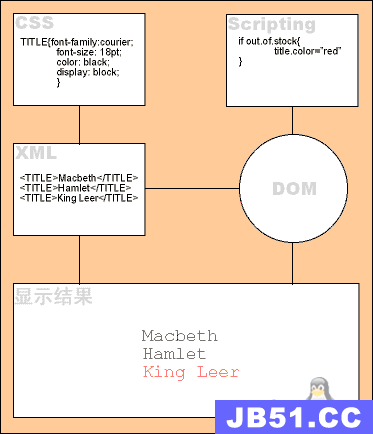在C#我可以表达这个:
var xe = XElement.Parse("<foo></foo>");
var maybe = (bool?)xe.Element("bar");
如何在F#中表达?
编辑:我确实找到了这个辅助函数
let inline conv (x : ^a) : ^b = ((^a or ^b) : (static member op_Explicit : ^a -> ^b) (x))
解决方法
不幸的是,XLinq在很大程度上依赖于隐式和显式转换,这使事情变得有点困难.
您可以创建例程以从XElement转换为bool选项:
let elementToBool e =
match e with
| null -> None
| e -> Some(XElement.op_Explicit e : bool)
有了这个,你可以写:
let xe = XElement.Parse("<foo><baz>true</baz></foo>")
let bar = xe.Element (XName.op_Implicit "bar") |> elementToBool
let baz = xe.Element (XName.op_Implicit "baz") |> elementToBool
在F#Interactive中,这将转换为:
val bar : bool option = None val baz : bool option = Some true
请注意,您可以使用找到的辅助函数,尽管您也需要一个用于op_Implicit调用的函数.
使用转换器功能,这会变得更加清洁.我已经调整了上面的代码来使用(略微修改过的版本)转换器帮助程序:
let inline convi (x : ^a) : ^b = ((^a or ^b) : (static member op_Implicit : ^a -> ^b) x)
let inline conve (x : ^a) : ^b = ((^a or ^b) : (static member op_Explicit : ^a -> ^b) x)
let xe = XElement.Parse("<foo><baz>true</baz></foo>")
let elementToBool e =
match e with
| null -> None
| e -> Some(conve e : bool)
let baz = "baz" |> convi |> xe.Element |> elementToBool
let bar = "bar" |> convi |> xe.Element |> elementToBool

